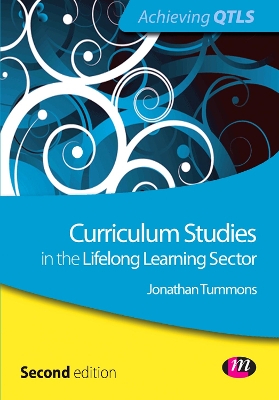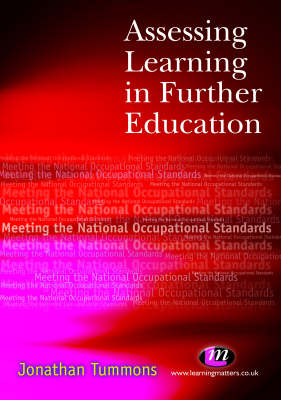Achieving QTLS
4 total works
Curriculum is a key issue for teachers and trainers in the learning and skills sector. It shapes the programmes that are taught, and dictates which students can have access to courses and which cannot. This book provides an accessible overview of the key issues surrounding the curriculum within the learning and skills sector. Written for all those working towards QTLS, it provides examples and case studies that show these issues within working FE colleges, adult education centres and work-based learning contexts, as well as offering succinct summaries of key theories and debates relating to the curriculum.
Assessment theory and practice forms an integral part of the knowledge and understanding required to achieve QTLS, and this book functions as a practical study aid and friendly introduction to this broad and complex subject area. It includes research summaries, case studies drawn from across the curriculum, and activities to encourage trainees to reflect on and develop their own views on assessment practice.
Becoming a Professional Tutor in the Lifelong Learning Sector
by Jonathan Tummons
Published 12 February 2007
This positive guide to professional issues in the Learning and Skills Sector tackles the challenges and anxieties faced by trainee teachers. It examines issues surrounding values and ethics from a variety of perspectives. Everyday examples and case studies are used to help the reader place issues in a working context. It is ideal reading for trainees wanting to understand their responsibilities to students and professional colleagues. Of use to qualified teachers as well as trainees, this book is an essential guide to becoming a professional tutor and is matched to the professional and ethical components for achieving QTLS.
This text has been written in response to the development of national standards for teachers and trainers in Further Education by FENTO (Further Education National Training organisation). Assessment theory and practice is an integral part of all the FENTO-endorsed qualifications, and this book functions as a practical study aid and friendly introduction to a broad and complex subject. It includes research summaries, case studies drawn from across the FE curriculum, and activities to encourage trainees to reflect on and develop their own views on assessment practice.



